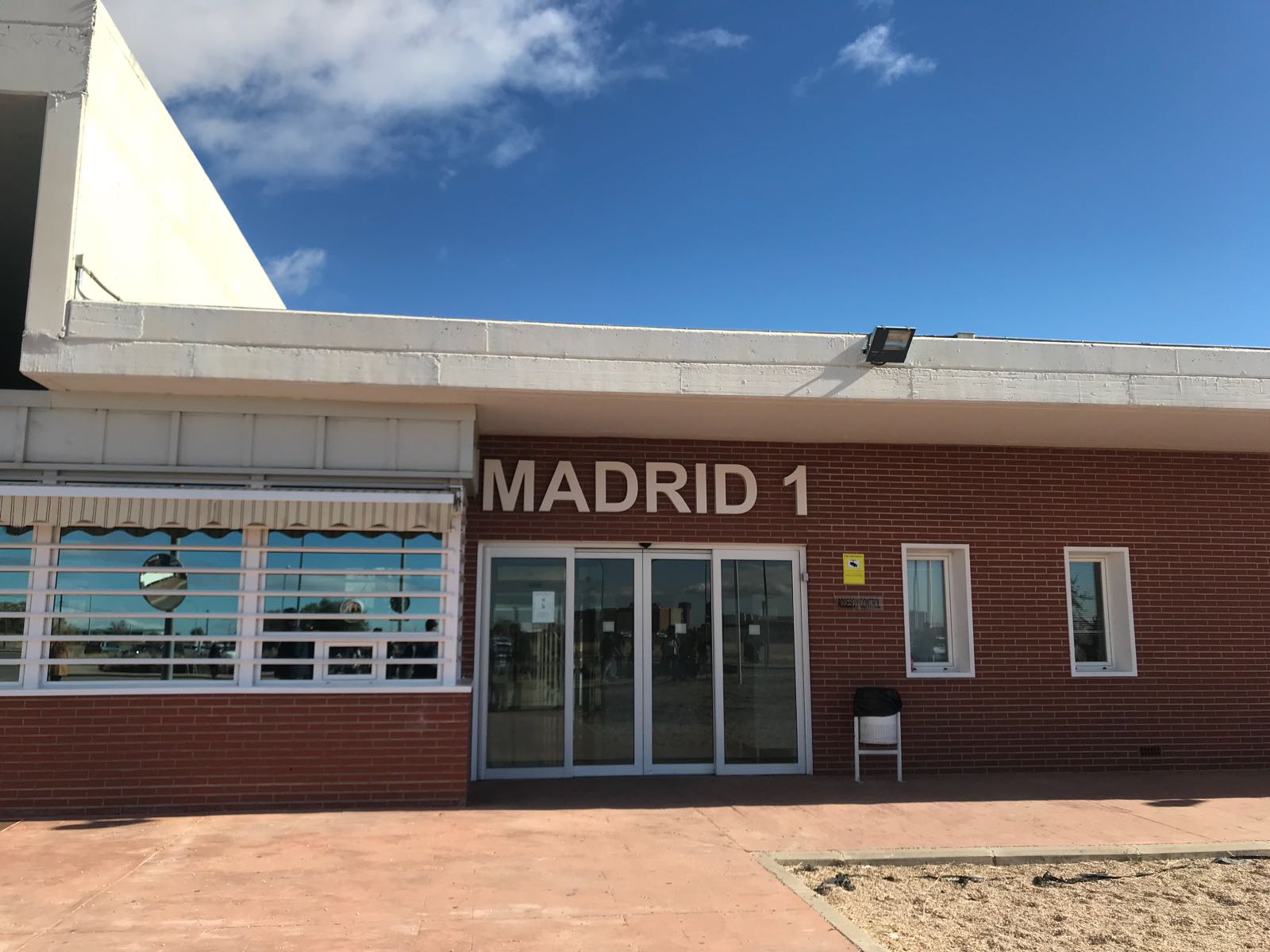The Committee for the Prevention of Torture (CPT) of the Council of Europe has denounced that the "mechanical fixation" of prisoners in Spanish prisons and youth detention centres is used as a "punitive" measure and that detainees can go "prolonged periods" without "adequate supervision and recording". In many cases it could mean "inhuman or degrading treatment", according to a report published this Thursday based on evidence collected by a delegation during a 2016 tour of different Spanish centres.
The committee says that they believe that their "attempts to regulate mechanical fixation have failed" and that "the measure is abused in all the establishments visited by the Committee". They urge Spanish authorities to stop using such techniques for "regime purposes".
The committee also reports that different establishments employ sequential periods (up to 14 days each) of solitary confinement with only one day between them for disciplinary purposes and repeats their recommendation "no prisoner be held continuously in solitary confinement as a punishment for longer than 14 days". In general terms, however, the committee "acknowledges some positive steps in Spain" and highlights the co-operation offered to the delegation.
The report says that whilst the "vast majority of inmates in ordinary regime modules stated" reported no ill-treatment, they "received a significant number of allegations" of such physical ill-treatment from "inmates in closed regime modules in all the prisons visited". The allegations include "slaps, punches, kicks and blows with batons inflicted as an informal punishment by staff following episodes of disobedient behaviour, self-harming or a breach of the house rules". They note that the "health-care staff has a duty to record accurately injuries observed on inmates which are indicative of physical illtreatment by staff and to report them to the competent judicial authorities. On a more positive note, they do commend "the considerable efforts" made to end overcrowding.
Police facilities
Whilst the majority of those interviewed said they had been treated correctly by the police forces, the committee says they received "credible allegations of excessive use of force upon apprehension and of detained persons being physically ill-treated by police officers upon arrival at a police establishment". There were similar alleged incidents of "disrespectful behaviour by police officers towards detained persons and of excessively tight handcuffing". "A clear message should be sent to all law enforcement officials that all forms of ill-treatment, including disrespectful behaviour vis-à-vis detained persons, is [sic] not acceptable and will be punished accordingly," they insist.
As for material conditions, they report that "in most establishments visited" there are problems of poor ventilation, that "artificial lighting was dim in some cells" and that "none of the cells seen by the delegation had access to natural light, which is contrary to the CPT’s standards". They even say that "several cells did not provide sufficient space for the number of persons held". As for safeguards related to the deprivation of liberty, these "did not pose a major difficulty".
As for the legal supervision of the prison system, the report criticises that the judges "act mainly as a “rubber stamping authority” for the decisions of the prison administration", rather than "as an independent and impartial supervisory institution".
Youth detention centres
In the case of youth detention centres, the committee says the use of mechanical restraint is of "particular concern", reporting that in one centre, "they were fixated to a bed face down, with their wrists and ankles (and sometimes the torso) attached to the sides of the bed with straps" and "not allowed to use the toilet while fixated (despite requests) and in some cases had to urinate on themselves". Also of "serious concern" is the use of "disciplinary solitary confinement on juveniles", saying that they believe that the maximum length of seven days "is already excessive". "The CPT’s delegation came across instances of juveniles being placed in solitary confinement as a disciplinary sanction for three consecutive periods of seven days," says the report.
During their visit to Spain, between 27th September and 10th October 2016, the delegation visited 8 National Police stations, 6 prison establishments and two juvenile institutions. They also carried out "targeted visits to Madrid V Prison (Soto del Real) and Puerto II Prison" to interview new arrivals being held on remand. The centres were in the autonomous communities of Madrid, Andalusia, Galicia, Castile and Leon and Asturias.

